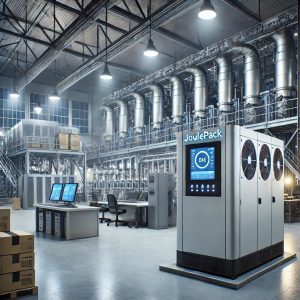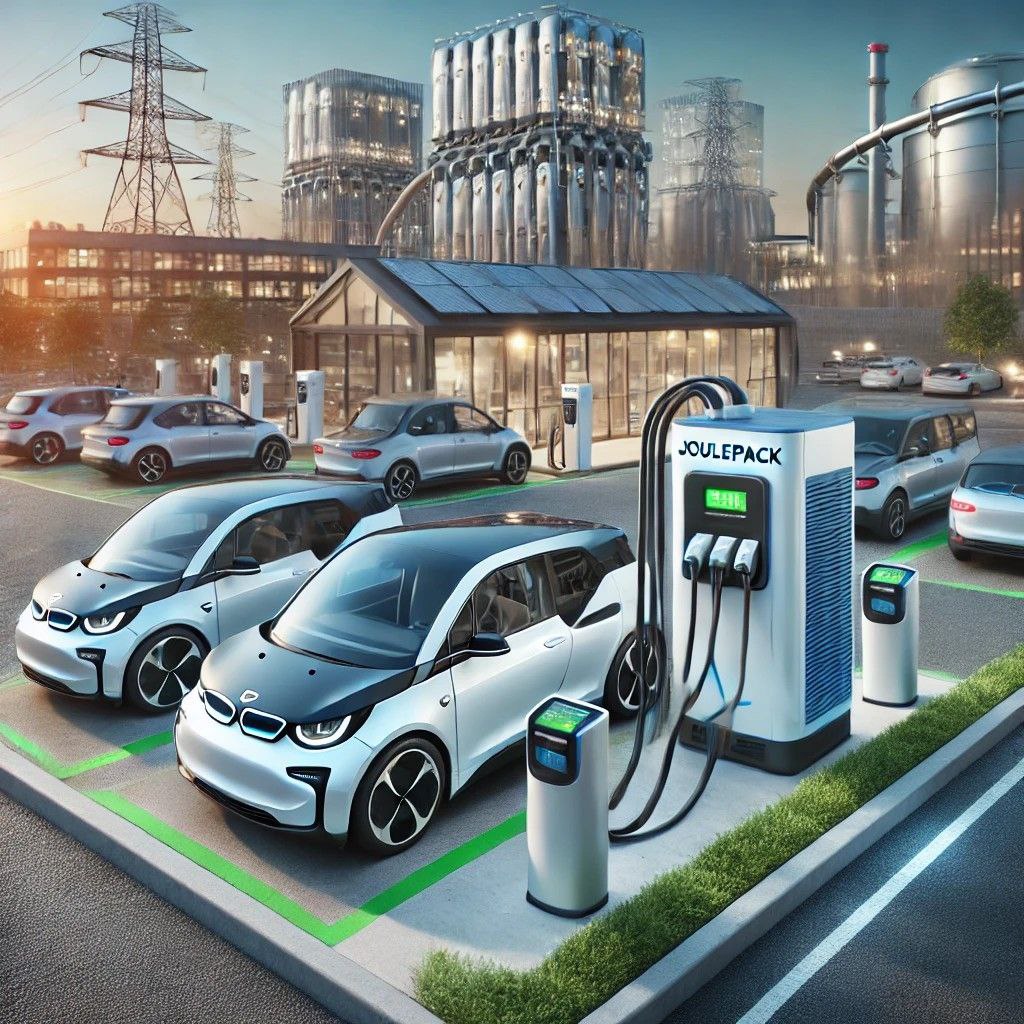- Demand Charge Management:

- Scenario: Businesses use stored energy during periods of high demand to reduce peak power consumption from the grid, lowering demand charges on their electricity bills.
- Benefit: Significant cost savings on electricity bills by reducing peak demand charges.
- Critical Load Support:

- Scenario: During power outages, a hybrid system powers critical business operations like data centers, manufacturing processes, or healthcare equipment.
- Benefit: Ensures continuity of critical operations, preventing costly downtime and loss of productivity.
- Renewable Energy Integration:

- Scenario: Businesses with on-site renewable energy generation (like solar or wind) use hybrid systems to store excess energy for later use, optimizing the use of renewable energy and reducing grid reliance.
- Benefit: Lower energy costs, reduced carbon footprint, and improved sustainability profile.
- Microgrids for Industrial Parks:

- Scenario: Hybrid inverter and storage solutions are used to create microgrids in industrial parks, allowing businesses to operate independently from the main grid or provide energy security in areas with unreliable grid power.
- Benefit: Enhanced energy security, reduced energy costs, and the ability to operate independently from the main grid.
- EV Charging Stations:

- Scenario: Hybrid systems are used to store energy for electric vehicle (EV) charging stations, enabling fast charging even during peak hours without overloading the grid.
- Benefit: Reduced grid strain, optimized use of renewable energy, and lower operating costs for EV charging stations.
